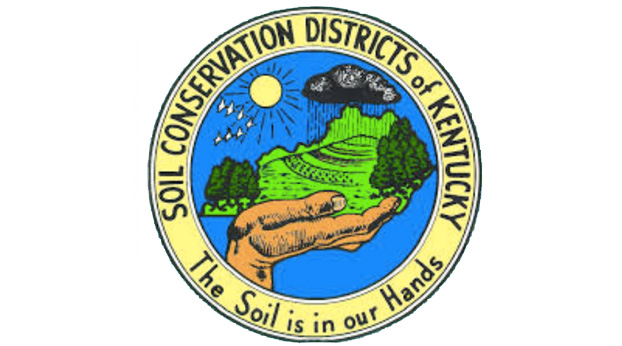Conservation District can help local property owners purchase trees
Published 12:54 pm Saturday, April 25, 2020
The Boyle County Conservation District is a non-profit organization that strives to protect the county’s natural resources and educate the public about environmental issues.
The conservation district has been in the news recently because it purchased and donated to the county a special truck to pick up and haul away dead livestock from local farms.
But the district offers several programs for county residents too.
One program, which many people may not know about, is it will reimburse Boyle County property owners 50% of a tree purchased from a local nursery, up to $50. The two businesses are Pack’s Nursery in Junction City and Key’s Nursery in Perryville, said the district’s administrative secretary Mary Lawrence in an email. There is a list of approved trees that are eligible for the reimbursement program, she added.
The program is available every year from September through the end of April.
When a property owner purchases a tree, they should send the receipt to Lawrence at the Conservation District Office, 448 North Danville Bypass, 40422. It’s located in the lower rear of the building which also houses the Boyle County Farm Bureau office in front of the Boyle County Fairgrounds.
Lawrence said when the district board meets, they vote to approve reimbursement payments and checks are issued to the property owners.
The approved list of trees that property owners can purchase and receive 50% of the cost, up to $50 includes:
Flowering trees — White crabapple, pink or purple crabapple, Yoshino cherry, Autumn Brilliance Serviceberry and Yellowwood and Winter King Hawthorn.
Shade trees — October Glory Maple or another variety of maple tree, Red sunset, Brandy Wine, Autumn Blaze, Tulip Poplar, Swamp White Oak and red and pin oak trees.
According to the Conservation District’s webpage, the organization was established in 1946. “The district was organized by the community for the purpose of promoting and encouraging, by voluntary means, the wise use, management and general conservation of our most important natural resources — water, air, woodland and wildlife.”







